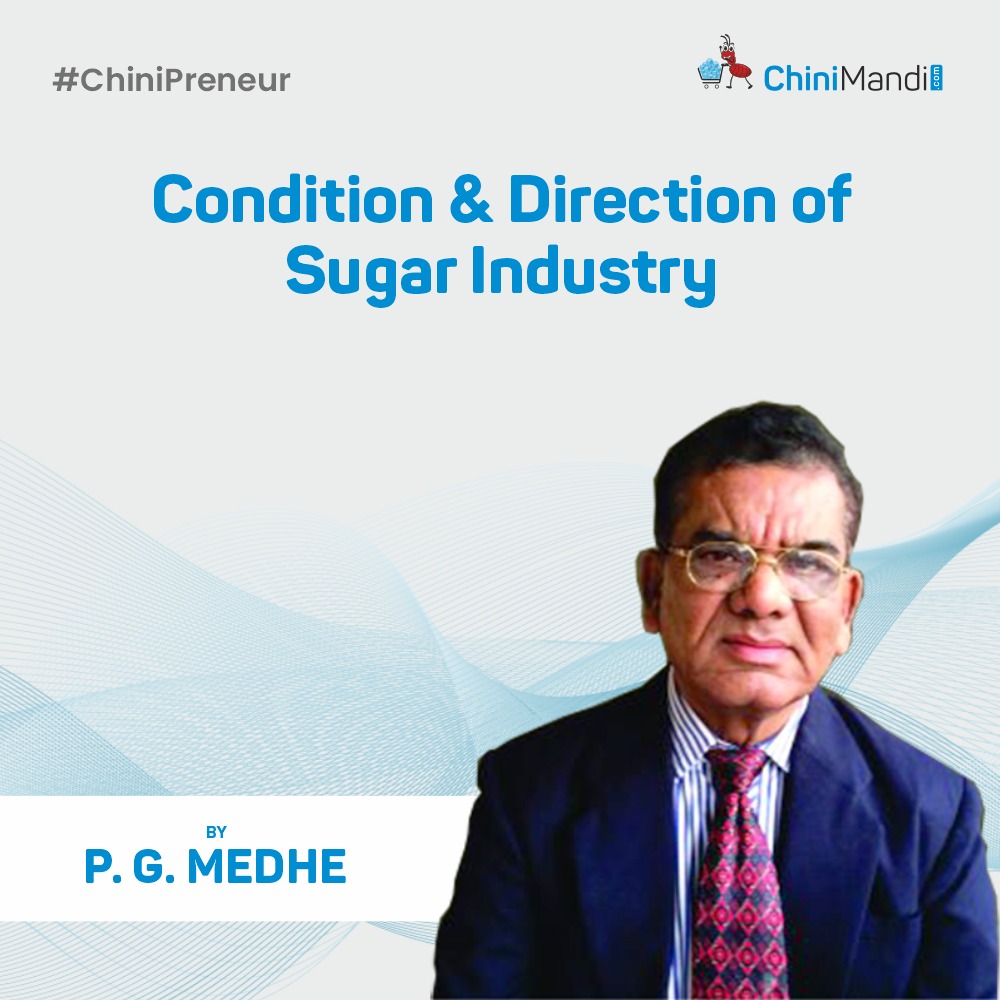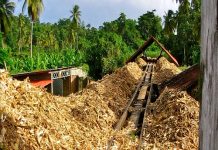As the world marches towards sustainable infrastructure, Brazil has taken an impressive leap by harnessing an unlikely hero — sugarcane bagasse ash (SCBA). This agricultural by-product, generated in large volumes by the sugar industry, is now being used as a substitute for stone dust in asphalt mixes to build roads that are stronger, longer-lasting, and environmentally sound. The move not only transforms waste into wealth but also integrates agriculture and infrastructure in a circular economy model.
India, the second-largest sugar producer in the world after Brazil, generates over 300 million tonnes of sugarcane annually, producing massive quantities of bagasse and its ash. The Indian sugar industry should now proactively emulate Brazil’s innovation to achieve threefold benefits: sustainable waste management, enhanced road quality, and additional income for the rural sector.
The Brazilian Mode:
Key Takeaways –
Bagasse ash is collected from sugar mills where bagasse is burned for cogeneration.
Brazil’s road construction agencies now use SCBA to replace up to 30% of traditional stone dust, reducing the use of non-renewable resources.
Asphalt mixes containing SCBA have shown :
-Higher load-bearing capacity
-Better resistance to weathering
-Reduced rutting and cracking
-It contributes to lowering CO₂ emissions due to lesser mining and transport of mineral aggregates.
India’s Opportunity : A Sugar-Road Revolution
India produces over 12 million tonnes of bagasse ash annually, most of which remains underutilized or disposed of unsustainably. Given the huge demand for rural and national road development under schemes like PMGSY, Bharatmala, and state-level highway expansion projects, incorporating SCBA can be a game-changer.
Benefits to India –
Waste Valorisation: Turning agricultural residue into road-building material.
Cost Reduction: Reduced use of expensive crushed stones.
Rural Employment: Local processing, collection, and transportation of ash.
Environmental Impact: Reduces reliance on quarrying and conserves natural stone.
Sustainable Image: Enhances the green credentials of the sugar and infrastructure sectors.
Policy Recommendations for India
To effectively replicate Brazil’s innovation, the following multi-pronged policy and operational roadmap is proposed:
1. Policy Formation by Union Road Ministry –
a) Notify Sugarcane Bagasse Ash (SCBA) as an approved alternative material in road construction standards and specifications (IRC norms).
b) Mandate trial projects across diverse terrains to validate performance under Indian climatic and traffic conditions.
c) Include SCBA-based roads under Green Highways Programme for carbon credit benefits.
2. R&D and Technology Development –
IITs, CSIR-CRRI, and sugar industry research institutes to collaborate on:
-Standardisation of SCBA particle size, chemical composition.
-Optimal mix designs and long-term durability studies.
-Develop and publish a National Standard Code for SCBA Usage in Roads.
3. Financing and Soft Fund Mechanism –
Allocate special soft loans through NABARD and SIDBI for:
-Ash collection and processing units.
-Equipment for ash drying, sieving, and mixing plants.
-Incentivise PPP models for SCBA procurement and supply chains.
-Consider Viability Gap Funding (VGF) for initial adoption in rural road projects.
4. Supply and Procurement Strategy –
Create a District-level SCBA Exchange Portal coordinated by sugar factories.
Sign MoUs between sugar mills and road contractors or PWD departments for year-round supply.
Mills can be permitted to collect ash cess or offsets for environmental contribution.
5. Fixation of Rates and Quality Assurance –
-SCBA rates to be notified based on calorific value, transport radius, and quality.
-Third-party quality control through certified agencies to ensure consistency in road mix.
A Win-Win Path to Sustainability
The sugar industry has long been a pillar of India’s rural economy. Now, by adopting innovative uses of its by-products like bagasse ash, it can be a frontrunner in green infrastructure development. Brazil’s initiative shows the path — it is now India’s turn to act. With the right policy push, technological support, and financial facilitation, “From Field to Highway” could become the new mantra of India’s sugar sector. Roads made from sugarcane ash could not only connect villages but also connect agriculture to innovation, sustainability to infrastructure, and waste to wealth.
P.G. Medhe is the former Managing Director of Shri Chhatrapati Rajaram Sahakari Sakhar Karkhana Ltd and sugar industry analyst. He can be contacted at +91 9822329898.



















useful message & steps towards controlling environment pollution